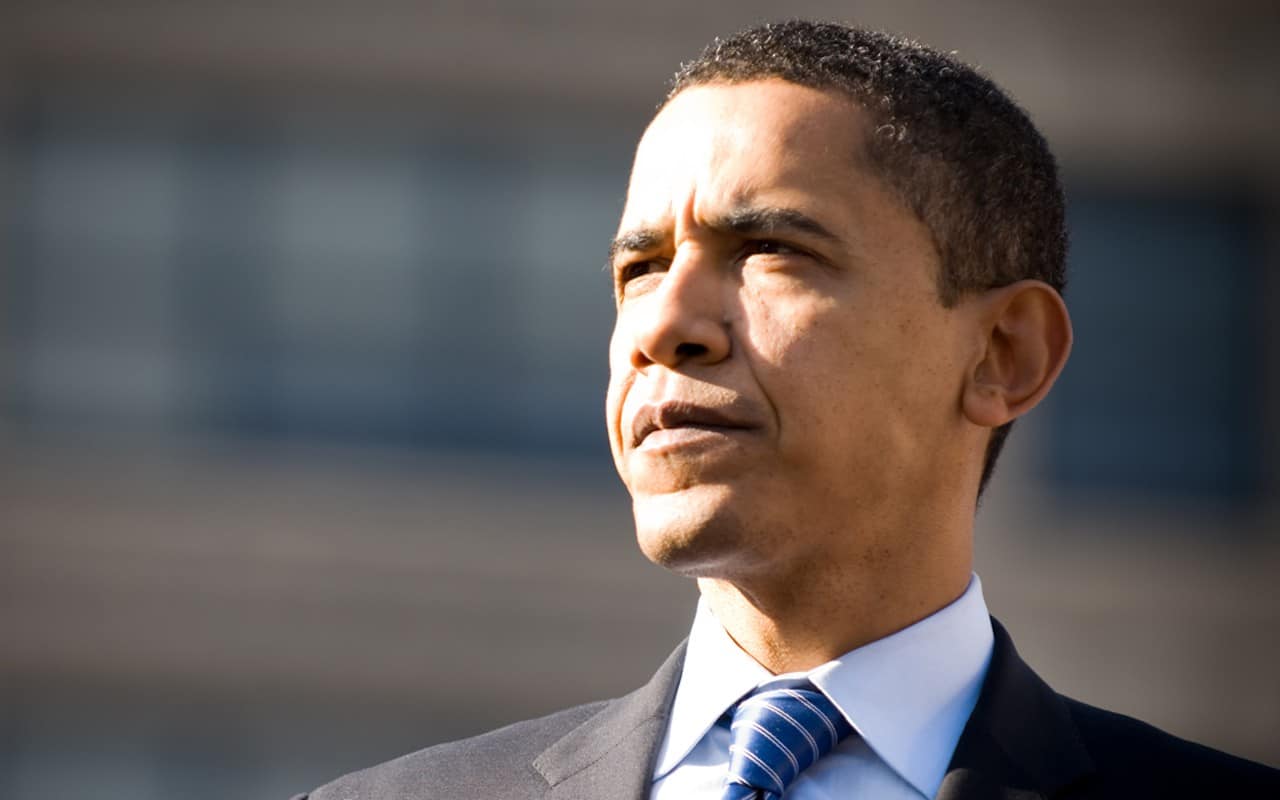[ad_1]
Within hours of being sworn in as president, Barack Obama made four telephone calls: The first was to President Mahmoud Abbas of the Palestinian National Authority; the next was to Prime Minister Ehud Olmert of Israel; the third, to King Abdullah of Jordan; and the last was to President Hosni Mubarak of Egypt. As soon as the sun rose on his second day in office, Obama visited the State Department, speaking to career foreign service officers about the importance of re-energizing America’s worldwide diplomatic efforts.
The barrage of moves was a signal to astute political watchers that President Obama planned to take foreign policy with the utmost seriousness, particularly in the Middle East. And that’s what he proceeded to do. Over the past three years, the president has announced the future closure of the Guantánamo Bay detention camp; all but ended military operations in Iraq; presided over the killing of Osama bin Laden and U.S.-born cleric Anwar al-Awlaki; and oversaw uprooting Libya’s Muammar el-Qaddafi from power.
The president’s deft policy moves were a surprise to many political insiders, who worried that his short stint in national politics as U.S. senator would translate into skittish leadership in international affairs. But Obama has proved to be a quick study. During his first year in office, he visited more countries than any other president and announced a broad range of policy and diplomatic moves. Outside of the Middle East initiatives, there are other high points from two continental hotspots, Africa and Asia. In developing an Africa policy, Obama has followed through with many of his campaign promises by taking definitive action to slow genocide in Darfur; expand trade, particularly with countries in sub-Saharan Africa; combat al-Qaeda’s efforts to seek safe havens in at least 10 countries, including Algeria, Libya, Somalia, Kenya and Sudan; assisting in stopping war in Congo and helping to end autocracy in Zimbabwe. Obama’s appointment of Susan Rice (a former assistant secretary of state for African affairs) as U.S. ambassador to the United Nations was an early sign that his administration would prioritize the continent.
During the first year of his presidency, Obama visited Egypt (where he made a historic address calling for “a new beginning” in the relationship between the United States and Muslims around the globe) and sub-Saharan Africa, the earliest any incoming U.S. president is believed to have taken such a trip to that part of the world. Finally, the United States assisted the Sudanese people in providing security needed to carry through a vote that peacefully divided the country into two nations.
Meanwhile, in Asia, Obama has improved strained relations with China (giving a high-profile state dinner for President Hu Jintao); kept North Korea in check on developing nuclear weapons; and showed leadership in assisting Japan in the wake of the country’s devastating earthquake and tsunami.
This string of foreign policy wins will undoubtedly be a factor in the re-election campaign; in many ways, it may offset voter pessimism about a flailing U.S. economy.
[ad_2]
Source link

